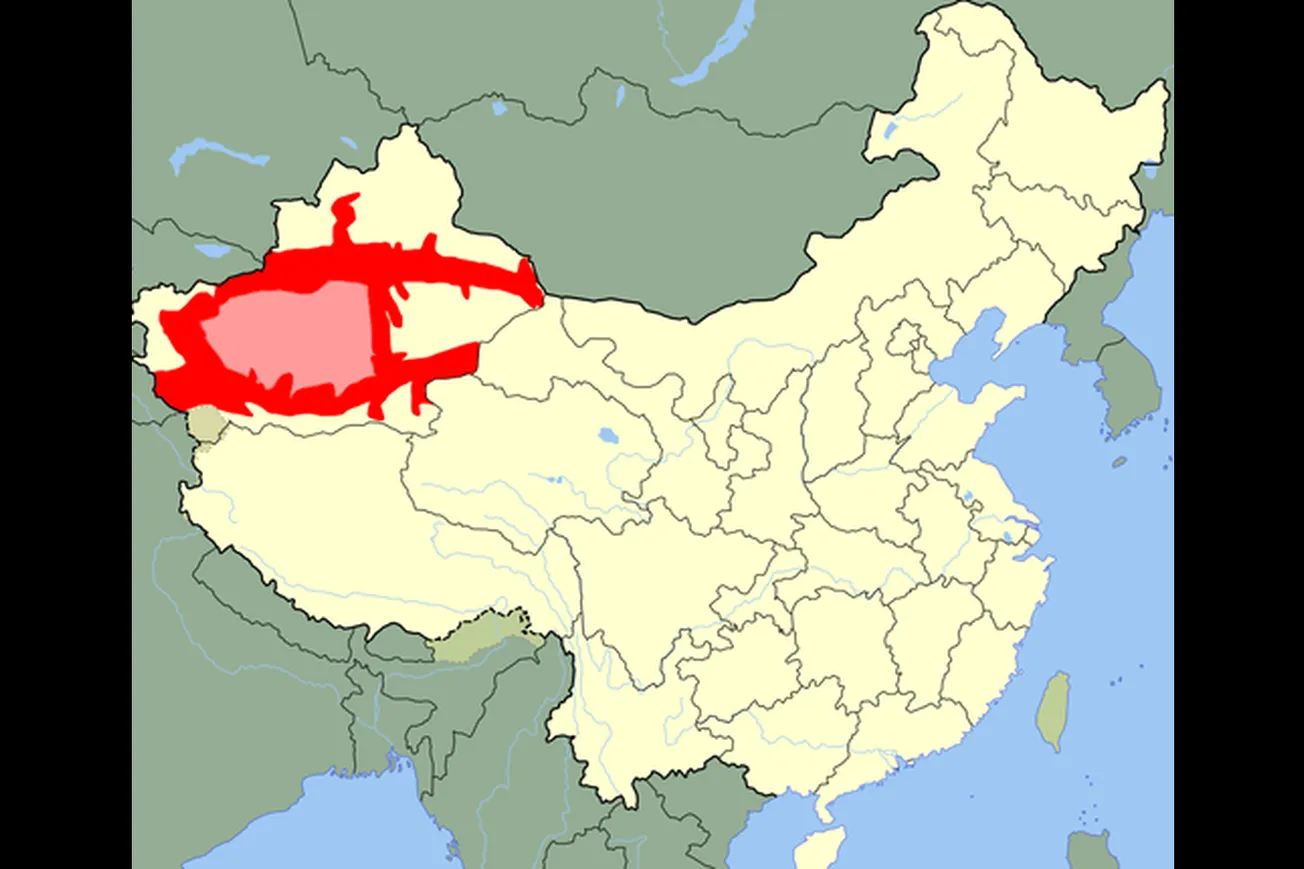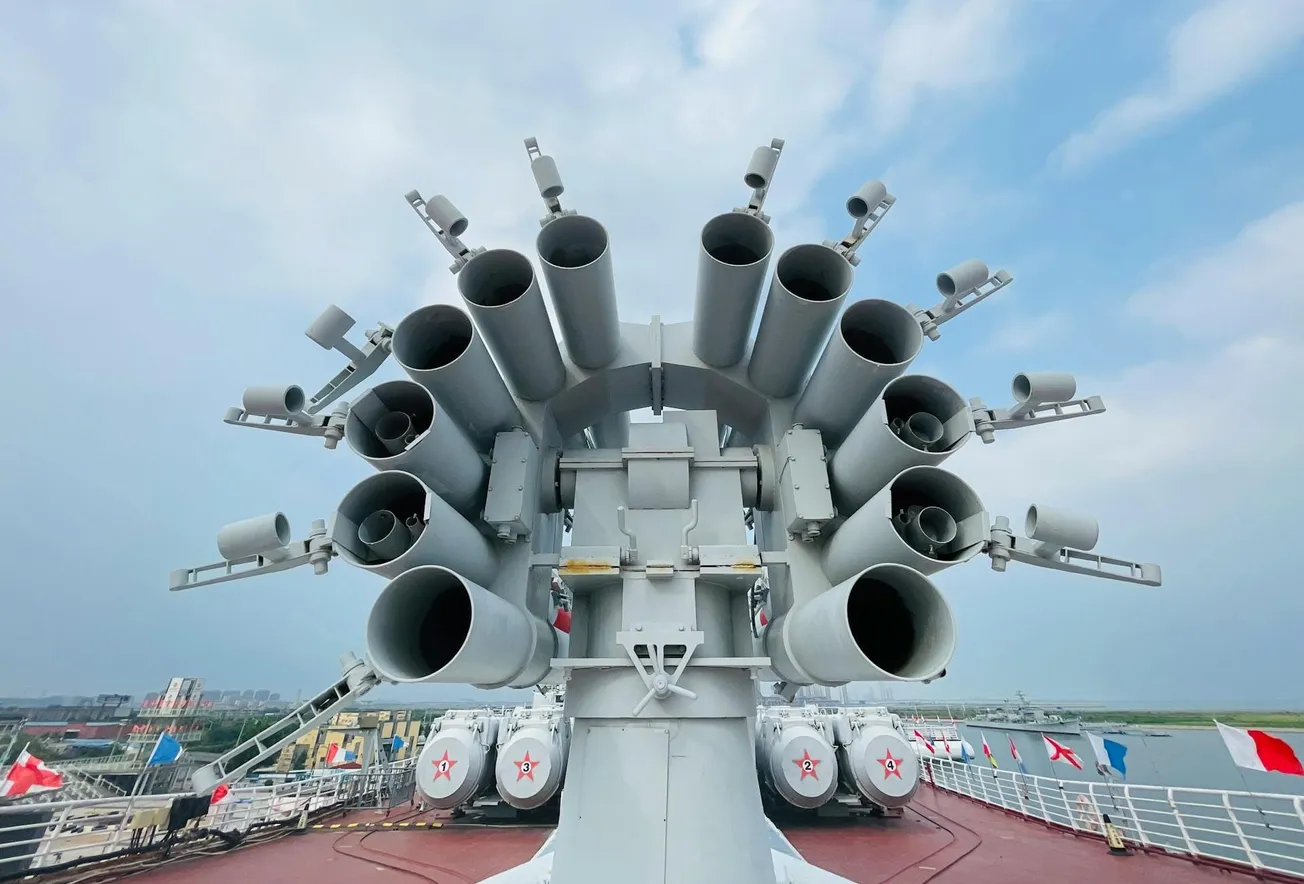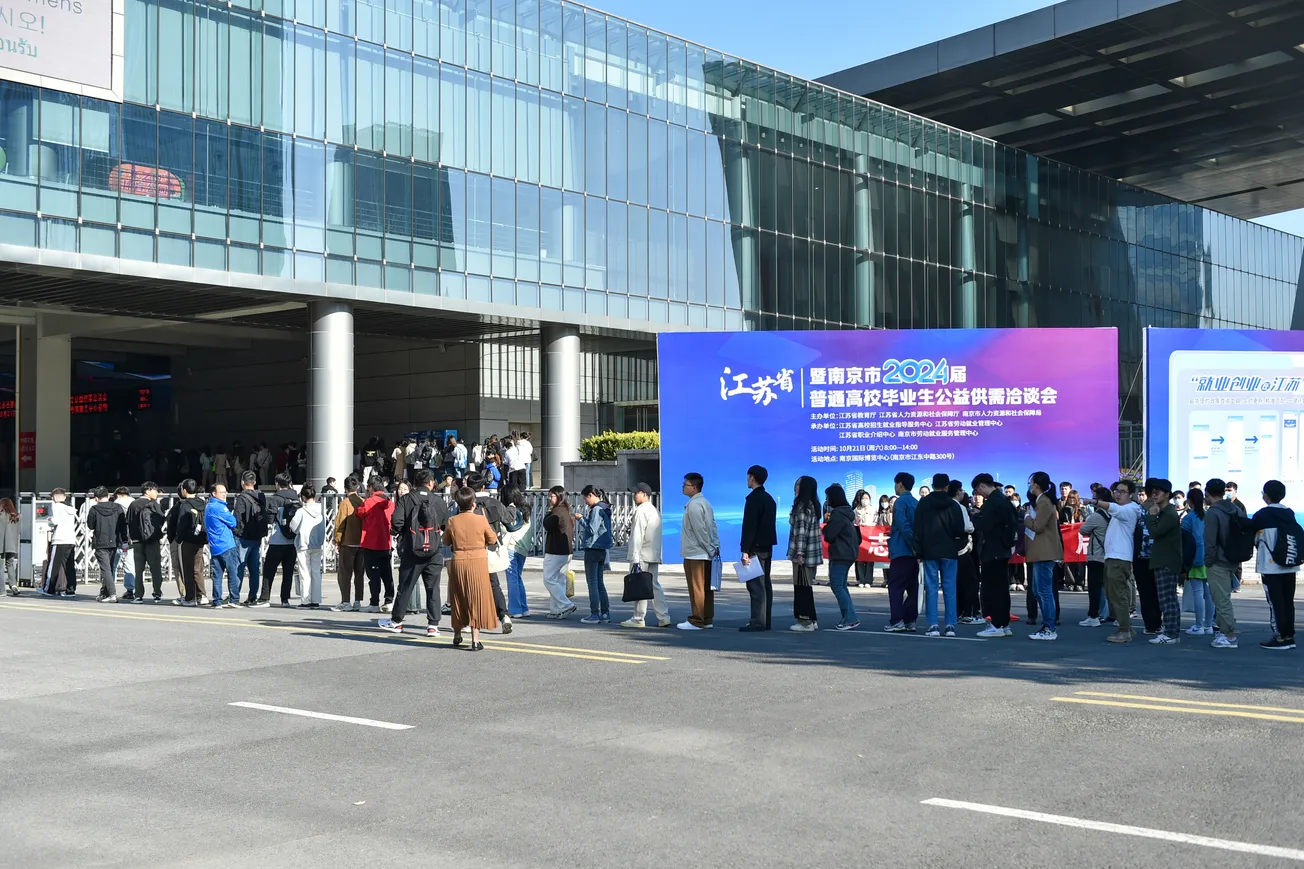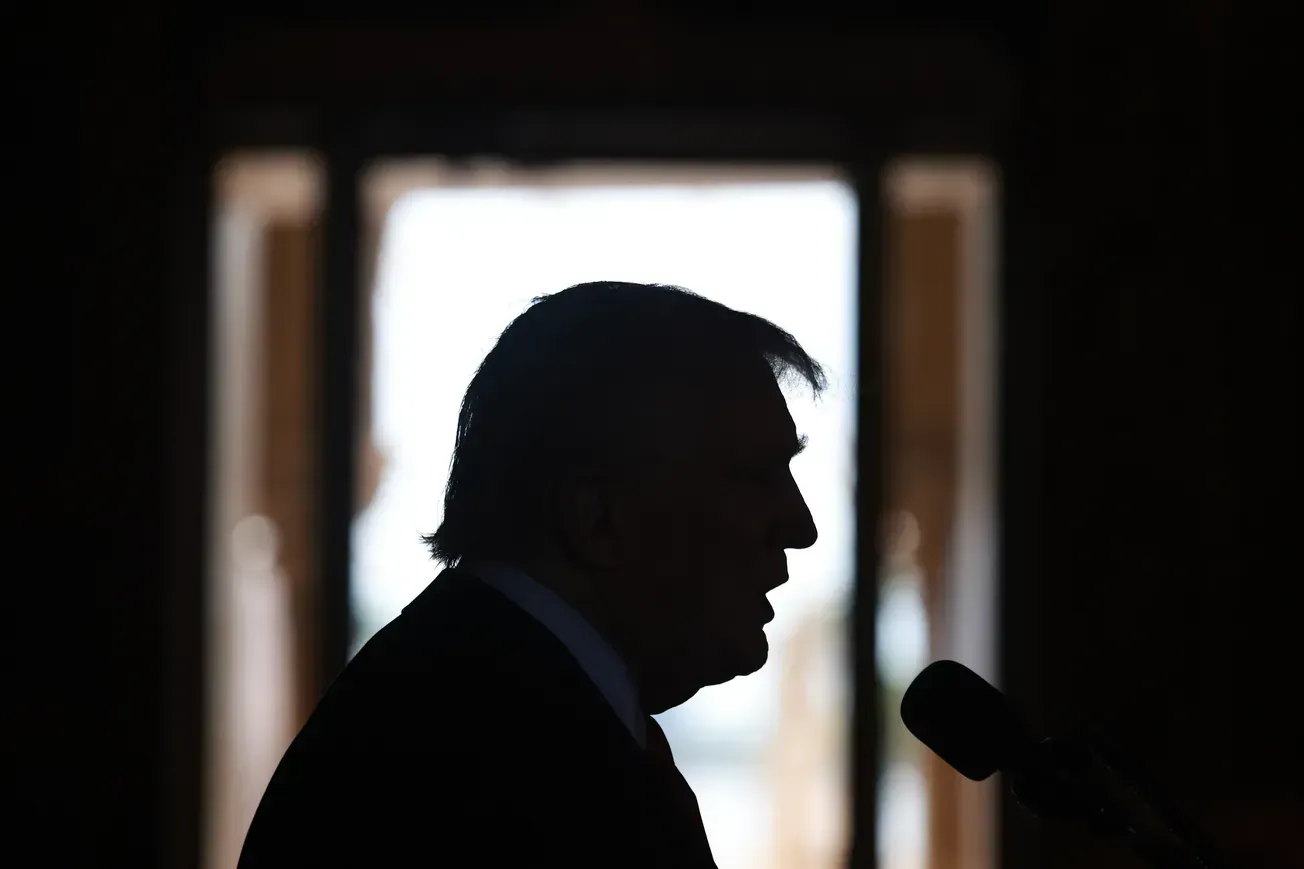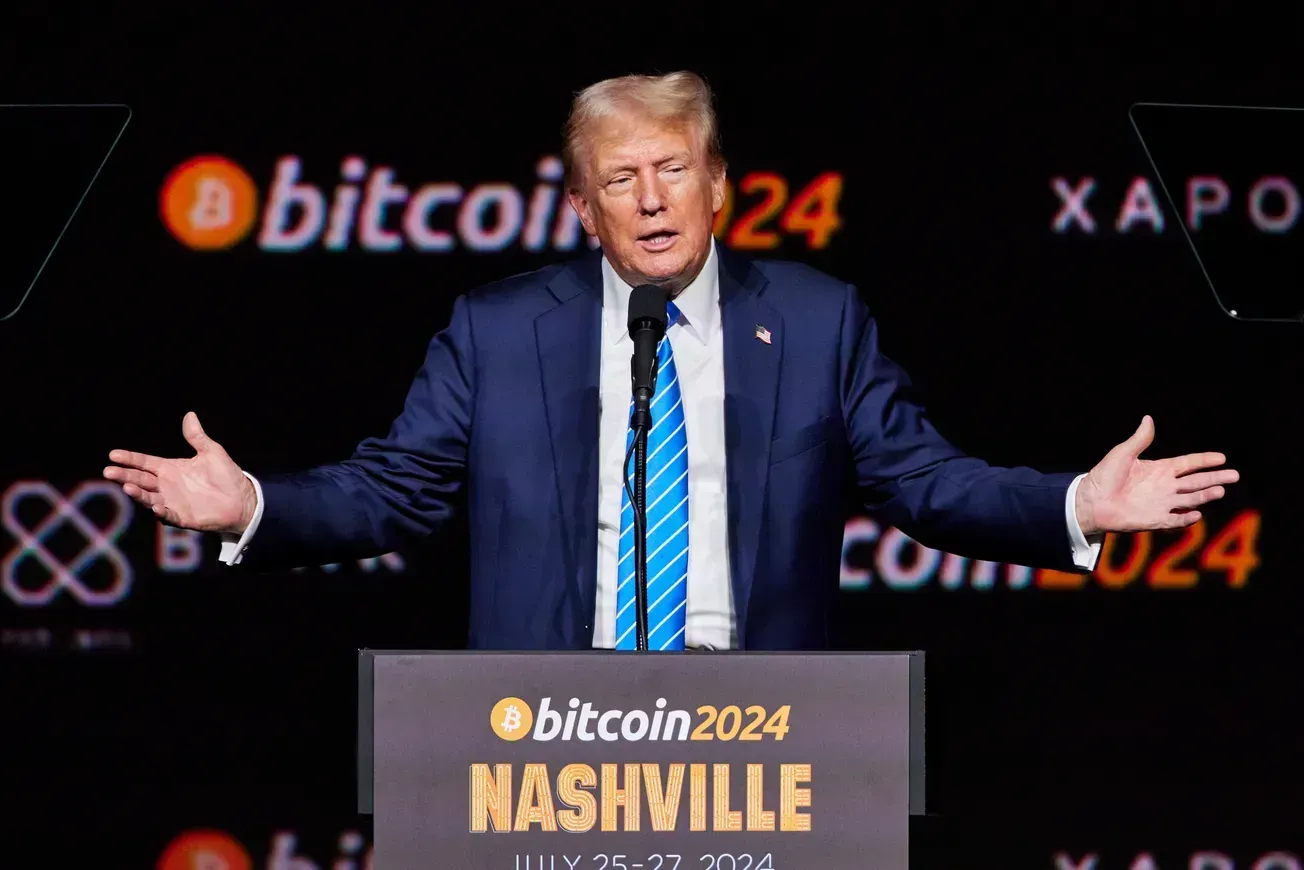By Philip Lenczycki for Daily Caller News Foundation
- The Congressional-Executive Commission on China (CECC) has asked the Department of Homeland Security (DHS) to intensify its enforcement of the Uyghur Forced Labor Prevention Act (UFLPA), according to a letter obtained by the Daily Caller News Foundation Tuesday.
- CECC’s letter called on DHS to increase transparency concerning U.S. Customs and Border Protection’s process of reviewing contested imports.
- “There remains serious concerns over the transparency and robustness of its efforts,” CECC’s chairman, Republican New Jersey Rep. Chris Smith, told the DCNF.
Congress is demanding increased oversight on Chinese imports potentially produced through slave labor, according to a bipartisan letter obtained by the Daily Caller News Foundation Tuesday.
The Congressional-Executive Commission on China (CECC), a U.S. government agency mandated to monitor human rights and the development of law in China, called on the Department of Homeland Security (DHS) to step up its enforcement of the Uyghur Forced Labor Prevention Act (UFLPA), legislation intended to “prevent goods made with forced labor in Xinjiang from entering U.S. markets and to further promote accountability for persons and entities responsible for these abuses,” according to the State Department. CECC has asked DHS to provide additional transparency regarding its review process of contested goods as well as additional guidance regarding sources of forced labor, according to the letter signed by CECC commissioners Democratic Oregon Sen. Jeffrey Merkley, Democratic Massachusetts Rep. James McGovern, Republican Florida Sen. Marco Rubio and CECC’s chairman, Republican New Jersey Rep. Chris Smith.
“We remain concerned that Congress lacks sufficient information and transparency to accurately assess whether implementation of the law comports with congressional intent,” CECC’s letter stated.
Smith told the DCNF that although DHS “has made progress” in implementing the UFLPA, “there remains serious concerns over the transparency and robustness of its efforts.”
Under the UFLPA, importers bear the burden of providing “clear and convincing evidence” to the U.S. government proving that potential Chinese imports originating from “high-risk sectors, such as textiles, agriculture and solar panels” are “not tainted by forced labor,” CECC’s letter stated.
CECC’s letter called on DHS to provide “greater transparency” regarding the U.S. Customs and Border Protection (CBP) review process of goods initially flagged as having a link to forced labor, expressing concern that some goods were later being “cleared without congressional or public reporting.”
CECC cited an incident in which CBP allegedly stopped nearly “300 cargo shipments” including “items from high-risk sectors with significant ties” to forced labor, yet ultimately allowed the cargo to enter the U.S. after the importer claimed that UFLPA “didn’t apply.”
“We are concerned that importers whose goods are detained are claiming that UFLPA does not apply and these goods receive an ‘applicability review’ which CBP does not believe needs to be reported publicly or to Congress,” CECC’s letter to DHS stated.
In recent years, multiple governments including the U.S., U.K. and Canada determined that China is inflicting “genocide” and “crimes against humanity” upon Uyghurs and other ethnic minorities through “arbitrary imprisonment,” “sterilization” and “forced labor.”
“Xi Jinping’s genocide against the Uyghurs goes far beyond the mass incarceration of at least 1 million victims and includes the complete erasure of the Uyghur culture and the brainwashing of their children in a ruthless campaign to obliterate their identity,” Smith told the DCNF.
“We also know that Uyghurs are targeted by the Chinese Communist Party for forced organ harvesting — with an annual cull rate (disappearance rate) of 2.5 to 5 percent for victims with an average age of 28 years old,” Smith said.
CECC’s letter also called on DHS to expand the Entity List, which, among other things, identifies businesses subject to import-export restrictions “based on national security and/or foreign policy considerations,” according to the U.S. Department of Commerce.
CECC’s letter stated that although “numerous civil society groups” have “compiled data” on entities linked to forced labor in China, the Forced Labor Enforcement Task Force (FLETF) at DHS has failed to update the Entity List with “additional listings.”
“We request that the FLETF accelerate its efforts to expand the Entity List as soon as possible, and to continually update that list during the year as circumstances require, utilizing fully the data provided by reputable civil society organizations,” CECC’s letter states.
Likewise, CECC also flagged a number of other concerns related to DHS enforcement of UFLPA including the possibility that “direct-to-consumer purchases” and “transshipment from third countries” might potentially circumvent the act.
“The hearing that I am chairing next week will shed light on what further action is needed to ensure that the U.S. is not complicit in funding the Chinese Communist Party’s campaign to eradicate the Uyghur people,” Smith told the DCNF.
The Chinese Embassy and DHS did not respond immediately to the DCNF’s request for comment.
Original article link

